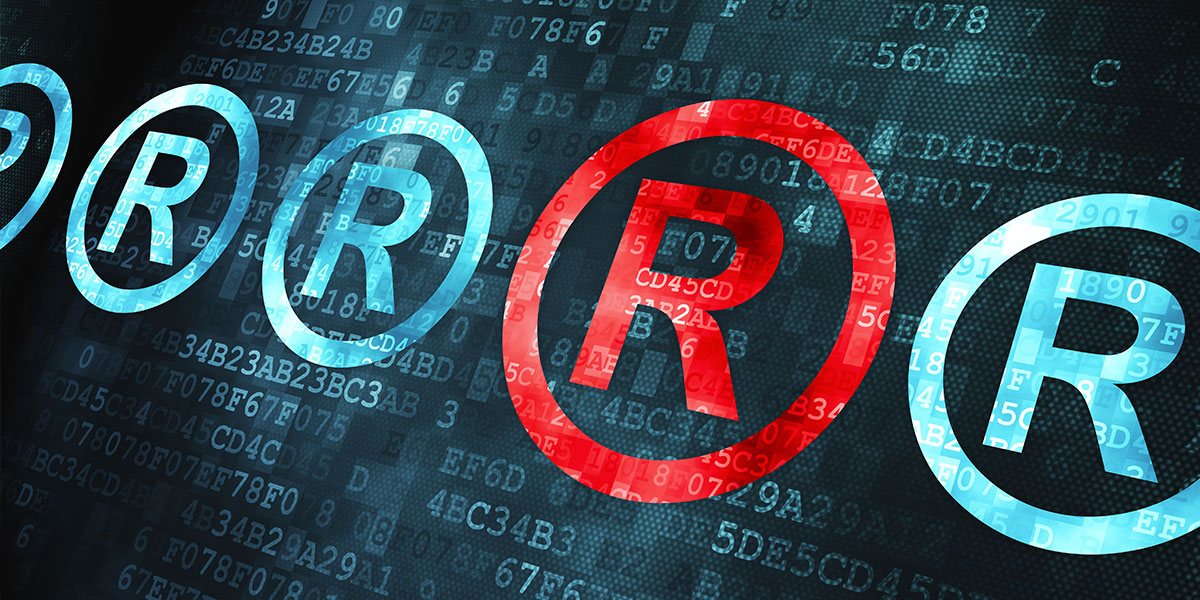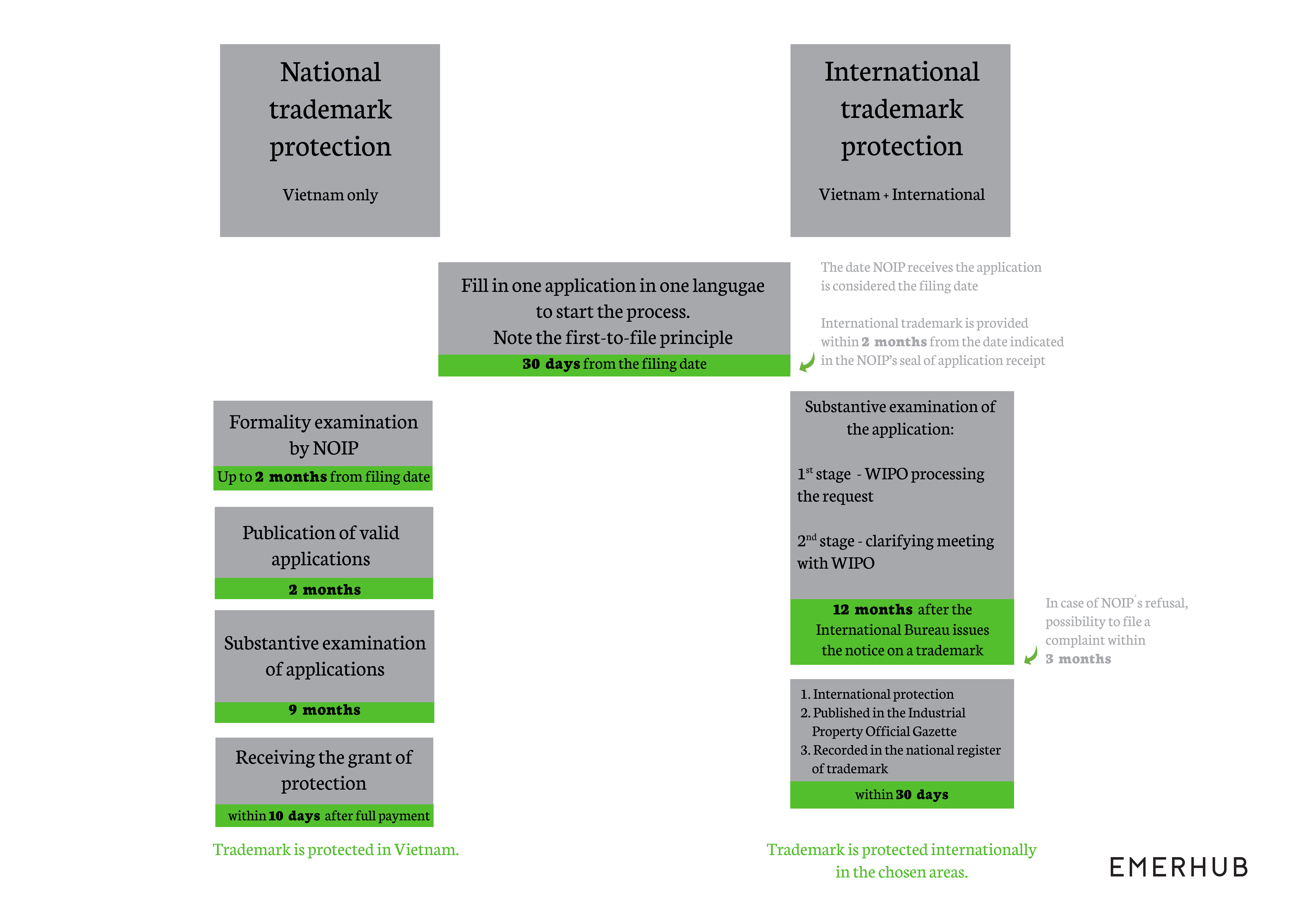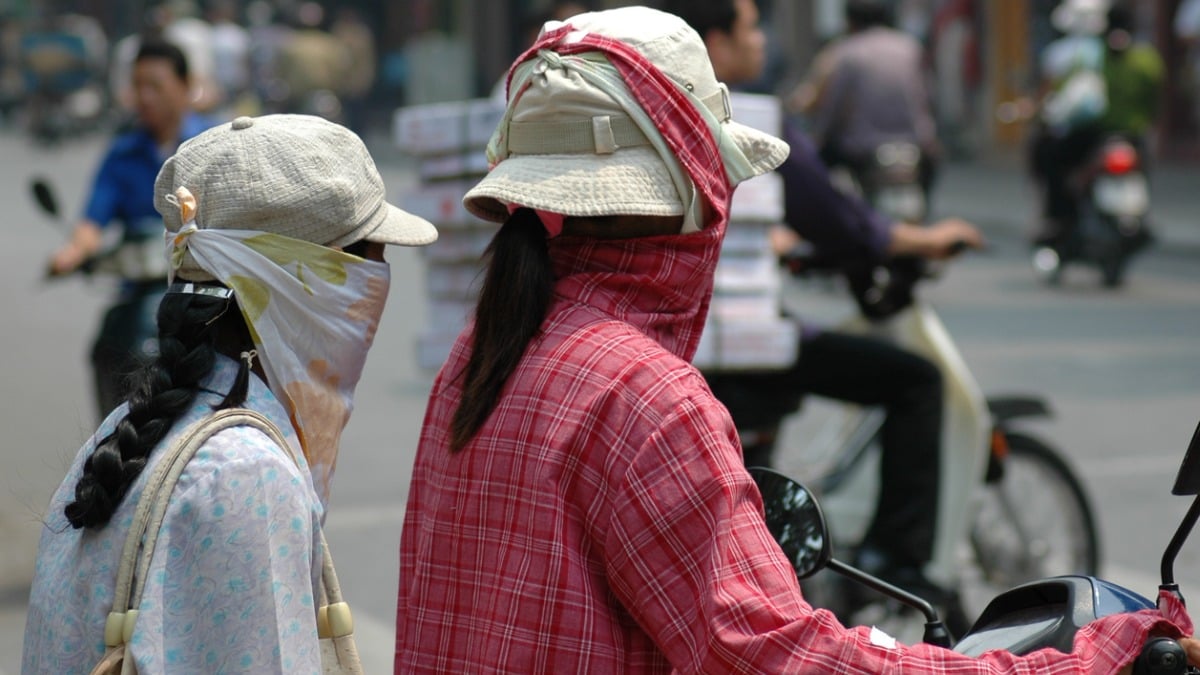Table of contents
Trademark registration is an important part of protecting your brand. In this article we will guide you through this process and show you how you can protect your trademark not only in Vietnam but also internationally in countries like Singapore, the Philippines, Cambodia etc.
Why register a trademark?
Register trademark for the following two reasons:
- When interested in expanding to Vietnam and have an already registered trademark
- When you want to avoid the theft of trademark (applies for internationally recognised brands)
A trademark registration is necessary to prevent others from using the trademark you have created. So in case you see your business developing in either Vietnam or Asia overall, it is strongly advised to register your trademark and thus protect it. It is crucial that brands who are either internationally well-known or planning to expand would consider the registration to avoid the theft of their trademark.
The worst-case scenario without the trademark registration is that you might see someone else using your trademark in the market. Without the proper protection, there is little to do after the theft in Southeast Asia. Unlike in Singapore, Vietnam does not protect unregistered trademarks because someone has misrepresented their goods or services as belonging under a certain brand.
Most countries in Southeast Asia have adopted the first-to-file system. This means that the first person to file the trademark protection claim in a particular country owns the trademark (that is in case the application is accepted and successful).
What can be registered as a trademark in Vietnam?
A trademark is a sign distinguishing the goods or services of one enterprise from others. There are various types of trademarks that can be registered.
A business trademark in Vietnam can include:
- Numerals
- A word or a combination of words
- Letters
- Shapes (including three-dimensional signs)
- Drawings
- Symbols
- Combination of all the above
There are some restrictions which a trademark can not be, such as:
- Scent
- Sound
There are a number of circumstances that disqualify a trademark to be recognised as eligible for protection. For example, the imitations of the following are likely to cause confusion and may lead to disqualifying:
- Coins
- Titles
- Bank notes of a Union, State, Federal District, Territory, Municipality or any country
Emerhub can help you determine whether your mark can be protected under the Vietnam law.
National protection and international protection
In Vietnam there are two types of trademarks you may register:
- Local
- International
Vietnam is an official member of WIPO, which means that it is possible to simultaneously apply for trademark protection in more than one jurisdiction. It is more cost efficient to register as many countries at once as possible.
If a company is planning to operate only in Vietnam then registering a local trademark is sufficient. It is always possible to apply for an international trademark in the future.
Companies that are looking to expand to more than one country in Southeast Asia or in the world should consider registering an international trademark to ensure that protection is available before they enter a new market. This is especially important for products or services that are well-known because of the brand.
Why register a trademark in Vietnam?
Due to Vietnam being a WIPO member it is possible to register for international protection with one application in one language. It will not take significantly longer to register trademark in multiple countries at once compared to only in Vietnam,.
In South-East Asia it is possible to simultaneously register for a trademark in:
- Vietnam
- Singapore
- Cambodia
- Laos
- Philippines
For further guidance on trademark registration in Vietnam fill in the form below and our consultants will get in touch with you.








